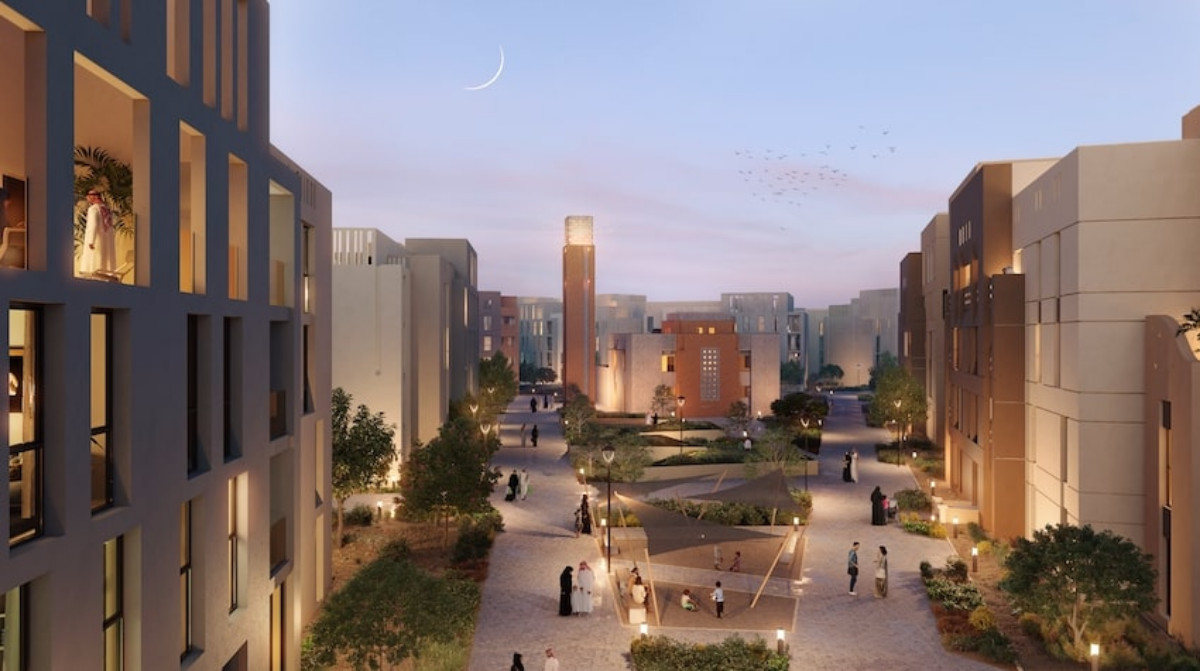Riyadh, Saudi Arabia–ROSHN, the Saudi real estate developer, has signed a memorandum of understanding (MoU) with the Expenditure and Project Efficiency Authority, known as Expro, to develop real estate in the kingdom.
The MoU looks to improve the efficiency and sustainability of the Public Investment Fund-backed giga-project, as well as boost its activities and enable long-term development and planning.
The collaboration between the two will ensure that the company will manage construction, land management, facilities, services, asset management, and community safety.
According to the firm’s CEO David Grover this shift will aid Saudi Arabia in achieving its Vision 2030 goals, which include ensuring 70 percent of Saudi families own a home by 2030.
He elaborated that Expro would offer the real estate developer the procedures and knowledge required to develop the planning and management of its residential projects in Saudi Arabia.
Expro CEO Abdulrazzaq Bin Sobhi Alaujan said the collaboration with real estate group Roshn comes in the pursuit of the two parties to achieve common goals, and work in the achievement of sustainability of housing projects goals, and improve the efficiency, planning, implementation and operation of government utility projects.
“This co-operation is an important step towards strengthening the joint capabilities between Expro and Roshn and enhancing mutual understanding between them in improving and developing the housing sector in the kingdom,” he noted.
Alaujan also highlighted the need for co-operation in enhancing the kingdom’s ability to achieve the goals of Vision 2030, in the areas of housing and urban development.
“Expro will work to provide the necessary support to Roshn, and to provide the methodologies and expertise necessary to develop and improve the residential projects planning and operation in the kingdom,” he explained.
Expro was established in 2021, with a mandate to improve the quality and efficiency of government-funded projects, assets, utilities, infrastructure planning, and operational processes while ensuring the implementation of programs and initiatives that align with the Authority’s objectives.
In April, ROSHN began an initiative to restore homes across the Kingdom as part of its social responsibility program YUHYEEK.
The project aims to build development partnerships with leading associations in the nonprofit sector to raise the quality of life and resources for underprivileged families in the Kingdom.
“This reflects the leading role that ROSHN Group plays as one of the major projects of the Public Investment Fund in crystallizing its values of responsibility and sustainability in the housing sector,” the company said in April.
During the Future Investment Initiative in Riyadh last year, Grover clarified the company’s intention to triple its construction rate as it seeks to become the most prominent residential developer in the Gulf Cooperation Council region by the middle of the decade.
“Certainly by 2025, we will be outstripping the size of any residential developer, anywhere, certainly in the GCC, and probably at the moment in the world, such is the scale of what we’re doing,” said Grover.
The firm is building over 200 million sq. meters of integrated neighborhoods, using technologies such as artificial intelligence, building information modeling software, computer-aided facility management, and asset registers.

